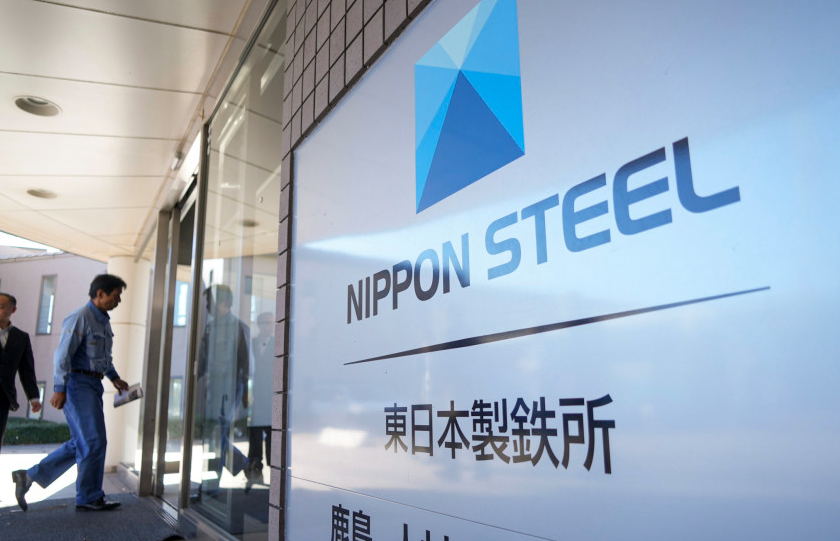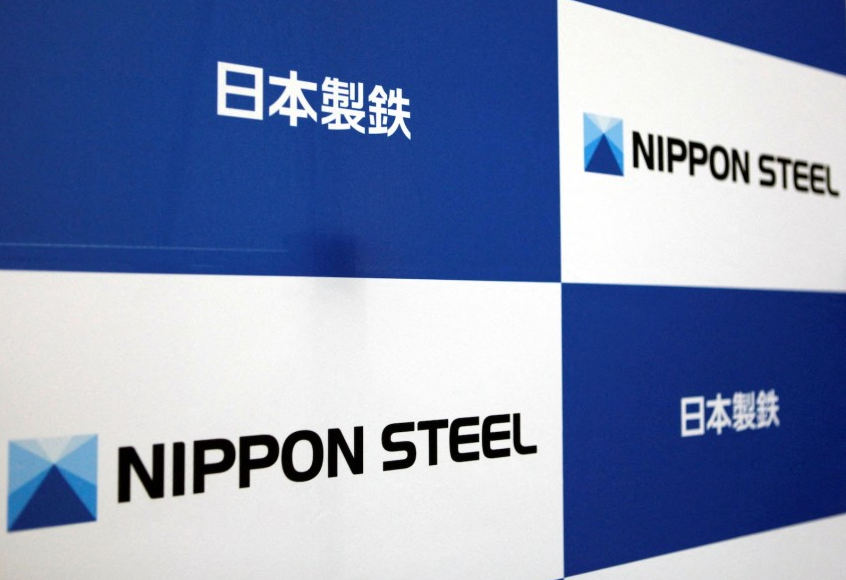发布时间:2024-06-12 人气:5 作者:郝

Japan will exhaust "all policy tools" to sustain wage hikes that will be crucial in finally ending deflation, and pave the way for the economy to consistently grow over 1 percent even as its population is projected to shrink rapidly, a draft government policy blueprint said Tuesday.
In the latest economic and fiscal policy blueprint, the government views the coming years until fiscal 2030 as a critical period for Japan, already one of the world's fastest-graying societies, to address labor shortages and boost its growth potential through strategic investments.
An inflation-adjusted growth rate of over 1 percent is deemed necessary for Japan to manage its finances and continue providing social security services, though the country's potential growth rate is currently estimated to be around zero percent.
The plan underscored the need for the heavily-indebted nation to restore its fiscal health, the worst among developed nations, amid the prospect of more debt-servicing costs after the Bank of Japan raised interest rates for the first time in 17 years in March.
In the draft plan, the government maintained a goal of achieving a primary budget surplus -- a key indicator of fiscal health -- in fiscal 2025, with its attainment now in view. It vowed to steadily reduce the outstanding state debt, which is currently more than twice the size of the economy.
The document, presented at a meeting of the Council on Economic and Fiscal Policy on Tuesday, is expected to be finalized on June 21 after consultations with the ruling parties. Its final version will be used by the government to manage its economic and fiscal policy in the coming years.
The draft covers a range of policy priorities but is short on details as to how they will be achieved.
Still, the economy, which was shy of 600 trillion yen in the January-March quarter, can grow to 1,000 trillion yen in around 2040 in nominal terms, if proper policy measures are taken and stable 2 percent inflation is achieved, it added.
The blueprint comes at a time when the government sees Japan seizing a "golden opportunity" to formally end its battle with deflation and realize an economy in which a virtuous cycle of pay and price hikes is in place.
"Now is the time to move on to a new economic stage," Prime Minister Fumio Kishida told the meeting of the powerful advisory panel.
Kishida has been calling for Japanese firms to raise wages as he prioritizes wealth redistribution. The government is seeking to keep the strong upward momentum seen in this year's annual wage negotiations between labor and management, which will be vital for households hit by the rising cost of living.
In an apparent bid to ease public discontent with the way Kishida has handled the economy, the government began a 40,000 yen income and residence tax cut in June, though analysts see it as a temporary fix.
The latest document seeks to boost the hourly minimum wage, currently at around 1,000 yen, to 1,500 yen at an early date before its target of the mid-2030s, facilitate job-hopping and promote the reskilling of the workforce as ways to boost wages. To address labor shortages, it is also pushing for automation and digitalization.
After the COVID-19 pandemic exposed heavy reliance on China for chips and other key items and underlined the need to protect economic security, Japan has been ramping up efforts to bolster investment in strategically important items and strengthen supply chains with its ally the United States and other like-minded partners. As such, it has decided to provide financial assistance to Taiwan Semiconductor Manufacturing Co. to build two plants in Kumamoto Prefecture.
The draft stressed the need of "multiyear, large-scale" support for investment by firms to boost output capacity and conduct research and development in the fields of chips and artificial intelligence. It said "necessary legislative steps" will be considered toward supporting the mass-production of next-generation chips.
Japan also seeks to "fundamentally strengthen" its strategy to deepen ties with emerging and developing countries, collectively dubbed the Global South, including Pacific island nations and those in Africa and Central Asia, as they have high growth potential.
Since Russia's war with Ukraine and the conflict in the Middle East have raised concerns about energy security, resource-poor Japan will make "maximum use" of renewables and nuclear power, it said, though most of its nuclear reactors remain offline following the 2011 Fukushima Daiichi nuclear accident.
Higher costs of imported energy, blamed for the recent bout of inflation in Japan, have prompted the government to reduce household utility bills by providing subsidies. While the measures will remain for some time, the government will consider terminating them "at an early date," the plan said.












